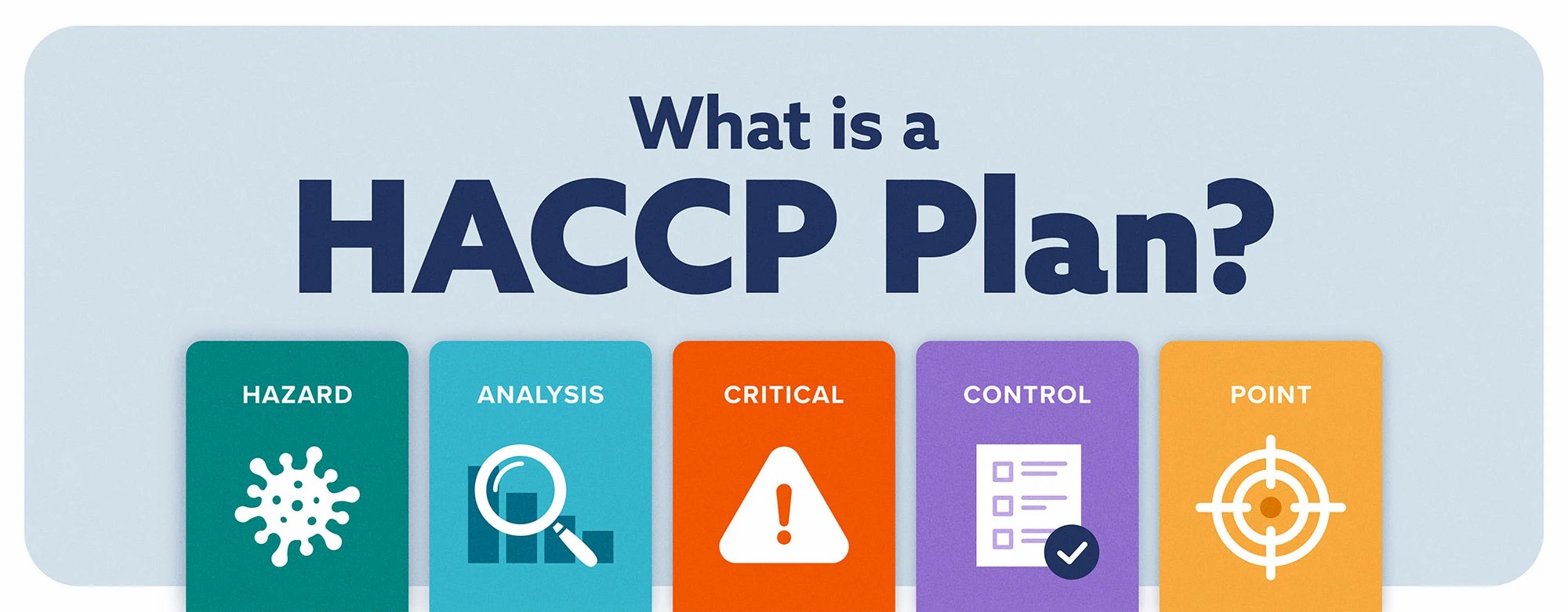


 349,500 Offered Certificates
349,500 Offered Certificates
 24/7 Online Training
24/7 Online Training
 Money Back Guarantee
Money Back Guarantee
 Fully Accredited Courses
Fully Accredited Courses

Created at: 26-02-2025 12:06
In the vibrant food scenes of Dublin, Cork, Limerick, Galway, Waterford, and Belfast, maintaining high food safety standards is not just a regulatory requirement but a fundamental aspect of business success. With the increasing emphasis on hygiene and safety, HACCP (Hazard Analysis Critical Control Point) training has emerged as an essential certification for food businesses in Ireland. In this comprehensive guide, we will delve into why HACCP training is vital for compliance, risk prevention, and protecting public health.
HACCP is a systematic approach to food safety that focuses on identifying and managing potential hazards throughout the food production process. This proactive methodology helps ensure the safety of food products, safeguarding consumers while providing food businesses with the tools necessary to prevent foodborne illnesses.
The importance of HACCP cannot be overstated:
To successfully implement HACCP, it's essential to grasp its seven core principles:
Ireland's food safety laws require food businesses to ensure compliance with EU regulations, including directives that govern hygiene and safety standards. HACCP training enables food business operators—including restaurants, catering companies, and food manufacturers—to meet these legal obligations. Compliance not only prevents legal issues but also secures the business’s license to operate.
Achieving HACCP certification offers significant advantages:
Obtaining HACCP certification involves several key steps:
With modern technology, training options have diversified. Both online and in-person HACCP training have their own benefits:
The choice between the two will depend on your team’s needs and learning preferences.
Avoiding common mistakes is essential for maintaining compliance. Frequent violations include:
To prevent these issues, ongoing training, rigorous record-keeping, and regular audits are vital.
HACCP certification not only demonstrates a commitment to food safety but also strengthens customer relationships. Improved hygiene practices lead to increased customer loyalty, enhancing long-term business success.
Regular audits are integral to maintaining HACCP compliance. They should involve a thorough review of the HACCP plan and procedures to ensure that all standards are being met. This not only protects your business but also reinforces a culture of safety among staff.
Incorporating HACCP training into your food business strategy is not just about compliance; it’s about protecting public health and ensuring the success of your establishment. Whether you operate a restaurant in Dublin, a catering service in Cork, or a food manufacturing unit in Waterford, HACCP certification offers vital benefits that can enhance your operations.
Ready to achieve HACCP certification? Enroll in our HACCP training courses today! For inquiries, please contact us at [email protected].